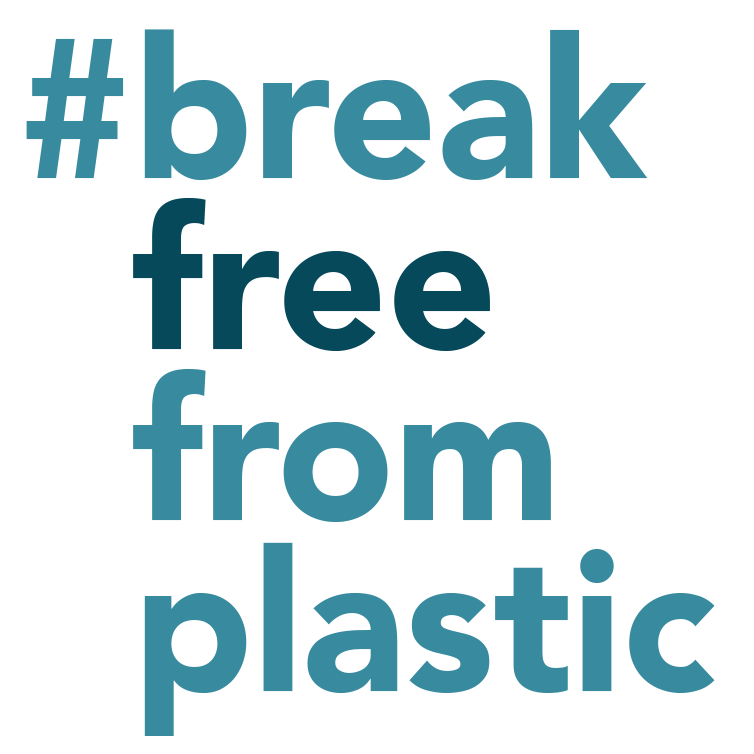Plastic pollution: time to fightback plastic fake outs
With more than 400 million tonnes of plastic produced each year worldwide and our Blue planet drowning in plastics, Surfrider Foundation Europe together with the Rethink Plastic alliance alert on the risks posed by initiatives presented as “magic bullet” solutions.
For immediate release: Biarritz (France), July 22nd 2020
As part of its “Break the plastic wave” campaign, and in collaboration with the Rethink Plastic alliance, Surfrider Foundation Europe releases today and over the next two weeks, new infographics developed together with the media Qu’est ce qu’on fait on false solutions to plastic pollution. These infographics illustrate the problems posed by three initiatives with alarming data and highlight instead true ideas for action.
“The only solution to plastic pollution is to reduce plastic production and consumption at source. For it to happen, we need to fight plastic fakes out that are diverting us all away from cutting plastic”
Says Diane Beaumenay, one of the two coordinators of the ‘Break the Plastic Wave’ campaign at Surfrider Foundation Europe.
9.2 billion tonnes of plastic have been produced since the 1950s and more than half have been produced since 2000. With an average of 8 million tons of plastic reaching the ocean every year (1), there is no longer any doubt today about the plastic crisis we’re facing and the urgency to act.
The solutions to stop the flood of plastics are known and within reach but are often overshadowed by initiatives presented as silver bullets while their impacts are limited and sometimes even counterproductive. They create confusion at the expense of the environment and of citizens’ will to buy and consume more responsibly. False solutions, yet, contribute to plastic pollution as they perpetuate the belief we can continue producing again and again more plastics. They contribute to rampant greenwashing around the plastic pollution issue so for companies not to stop their plastic production, and mask the reality that this plastic should not be there in the first place.
The infographics shed light on 3 initiatives – recycling, bioplastics and cleaning-up the ocean – that are, to varying degrees, ineffective in the face of the scale of plastic pollution. For some, claims they echo are not accurate, in other cases the ‘solutions’ they bring are inexistent, increase the issue, and are not proportionate to the problems:
- Recycling alone will never be able to take care of all the plastics we produce and throw away. Of the 29 million tonnes of plastic waste collected annually in the European Union, we have only been able to recycle one third (2).
- Bio-based and biodegradable plastics only have bio as a prefix and cause severe damage to the environment. Plastics which are bio-based are not fully oil-free while the biomass used to produce them are mostly dependent on intensive farming, which is particularly harmful to the environment. On the other side, biodegradable plastics can only degrade within a reasonable timeframe under very specific conditions (e.g. industrial composting). In nature or the ocean, they have major impacts on animals and habitat.
- Cleaning: it is unrealistic to think that we will be able to clean the ocean from all the plastics dumped into it over the last 60 years. In addition to not solving the problem at the source, there is no technology today that can collect the plastic from the ocean without causing damage to the ocean fauna and flora. Only 1% of this plastic waste would float, the rest would be beneath the surface. In such circumstances, it’s hard to think we can do a clean sweep.
We can all contribute to solving the plastic crisis: industries by rethinking their products and systems, decision-makers by adopting measures supporting real solutions and citizens by changing their consumption patterns and calling on companies and decision-makers to drive change.
ENDS
Links to the infographics prepared with Qu’est ce qu’on fait:
Infographics on plastic fake out #1
Infographics on plastic fake out #2
Infographics on plastic fake out #3
Notes
- Plastic waste inputs from land into the ocean, Jambeck et al., Science, 2015: https://science.sciencemag.org/content/347/6223/768/tab-pdf
- Plastics The Facts 2018, Plastics Europe: https://www.plasticseurope.org/application/files/6315/4510/9658/Plastics_the_facts_2018_AF_web.pdf
Press Contacts
Fella Boulazreg, Media contact point, Surfrider Foundation Europe, [email protected] +33 (0)7 67 18 29 71 / + 33 (0) 5 59 23 23 47




